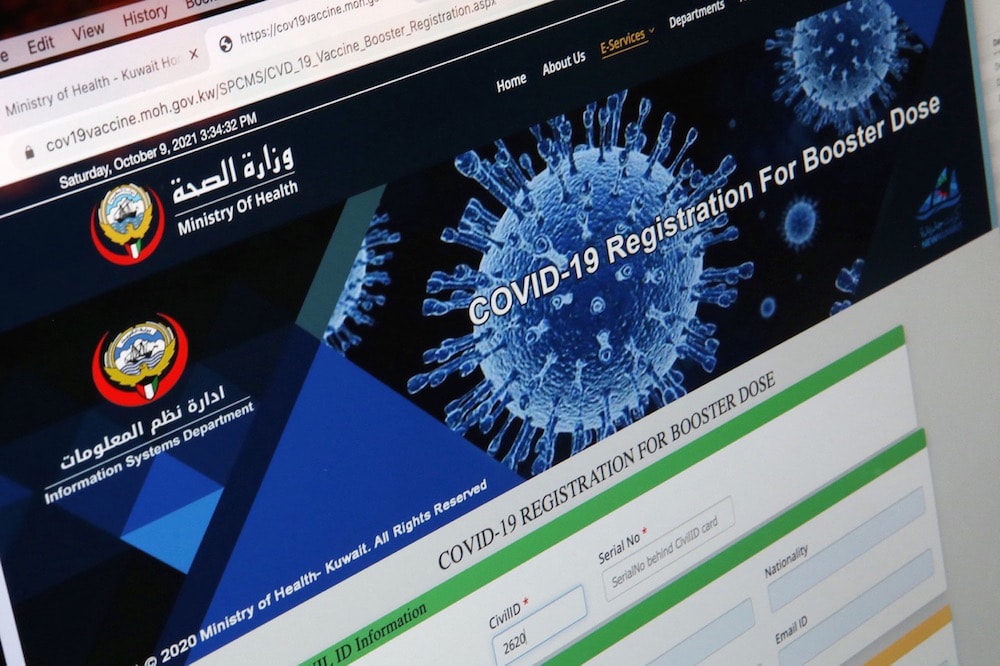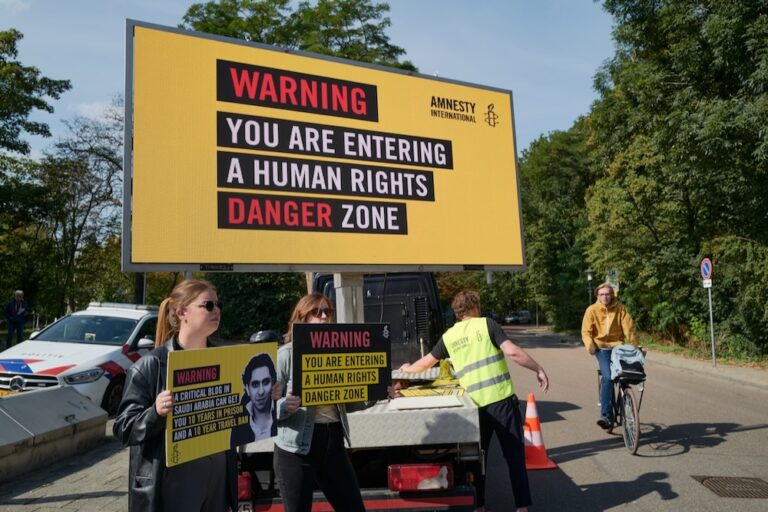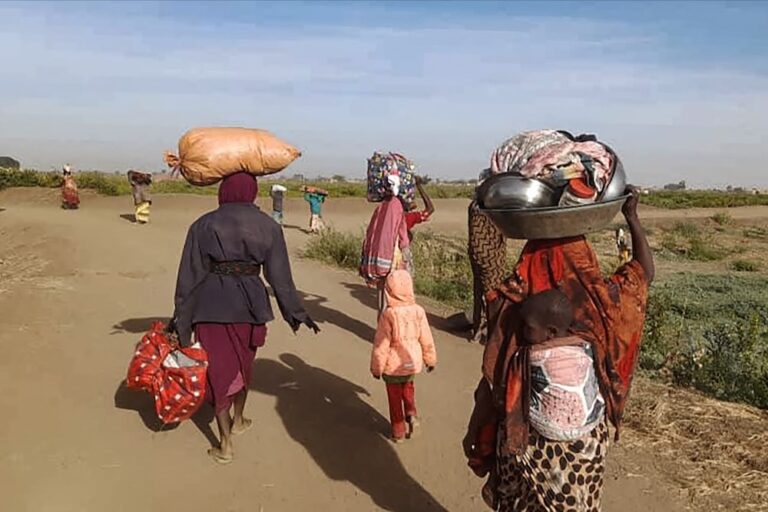A new report by the Gulf Centre for Human Rights examines how authorities in the Gulf region and neighbouring states have used the COVID-19 pandemic to justify increased digital surveillance, and how citizens can better protect their right to privacy, safety, and freedom of expression.
This statement was originally published on gc4hr.org on 24 December 2021.
This report provides a comprehensive overview of the landscape of the COVID-19 pandemic governance in eight Gulf and neighbouring countries: Bahrain, Iran, Jordan, Kuwait, Oman, Qatar, Saudi Arabia, and the United Arab Emirates. The specific focus of this report is on the intersections between freedoms of speech, expression and press, the right to privacy and governments’ responses to the pandemic. The key highlight in this report is governments’ preparedness to use their digital surveillance regime (the technological and the legal), restrictive laws on freedom of speech and press, as well as consistent targeting of human rights defenders and journalists under the pretence of managing the pandemic.
In this report, the Gulf Centre for Human Rights (GCHR) documents three aspects of the mobilisation of surveillance technology and laws in pandemic governance: 1) applications used for contact tracing and quarantine monitoring, 2) laws and policies that govern data rights, 3) violations of human rights committed through the use of COVID-19 apps. The findings are based on desk research of available sources about pandemic governance from official government sources, news source and civil society documentation, complemented with insights from interviews with six digital security experts in the region. Based on these findings, GCHR makes recommendations to citizens and residents in these eight countries to protect their data, as well as right to privacy and safety considering the violations and harms committed through the use of these COVID-19 apps.
To read the full report click HERE.



